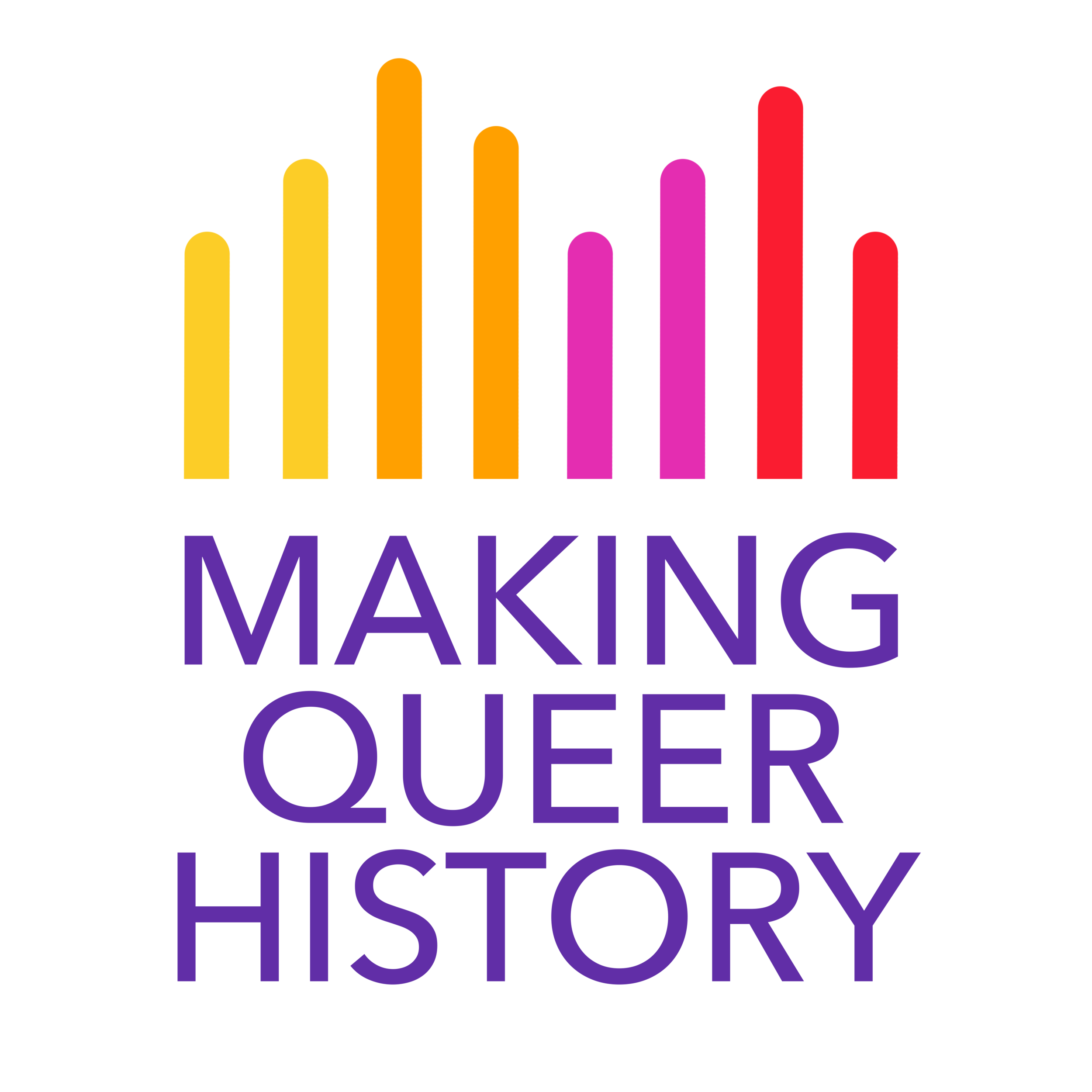To learn about queer history is to be in constant need of context. To look at what queerness meant to one society or another, how those within a given profession or period viewed gender nonconformity, or how a specific artistic movement understood gender as a whole, can be absolutely necessary to understanding even a single thread of the great tapestry of queer history. It can all become relevant depending on the story. In this project, we have been challenged to learn about the history of whistling as a profession, the philosophy of tropical modernism, and the evolution of queer cinema as a whole. One of the more difficult tasks that we have been set upon has been learning the history of a country. Suppose one can spend their entire life learning all the ins and outs of a single life. In that case, the history of an entire nation is a massive undertaking and one that has to be taken seriously. This is why it is one that this project often avoids. When possible, it is simply easier to avoid diving down that particular rabbit hole and learn only what the article demands about a country.
Making Queer History has a vague title because it has a rather vague purpose. We are not alone in our aim to tell the queer community’s history. What defines us is our focus not only on the past, but toward the future.

